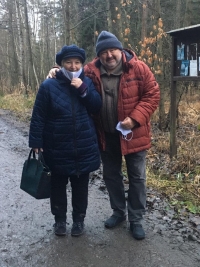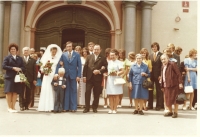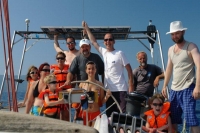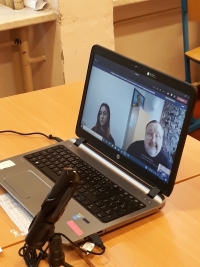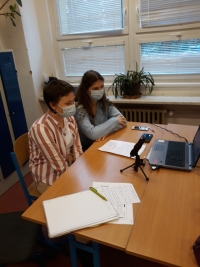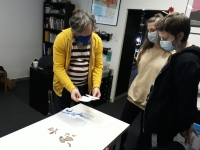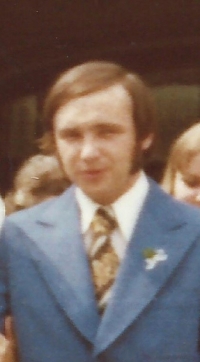I was the black sheep at school

Download image
Petr Bechyňák was born on November 7, 1952 in Prague. He came from a believing family and because of his faith he had problems in elementary school, where the principal bullied him. Since 1963 he secretly met with other ministers from the Sanctuary of Christ the King in Vysočina, and in 1968 he participated in the founding of the scout unit. In high school, he refused to join the Socialist Youth Union (SSM) even though he was threatened not to be allowed to pass his high school graduation. He later also refused to join the Communist Party, which is why he was still working for his starting salary. He and his wife raised seven children - four of their own and three in foster care.

